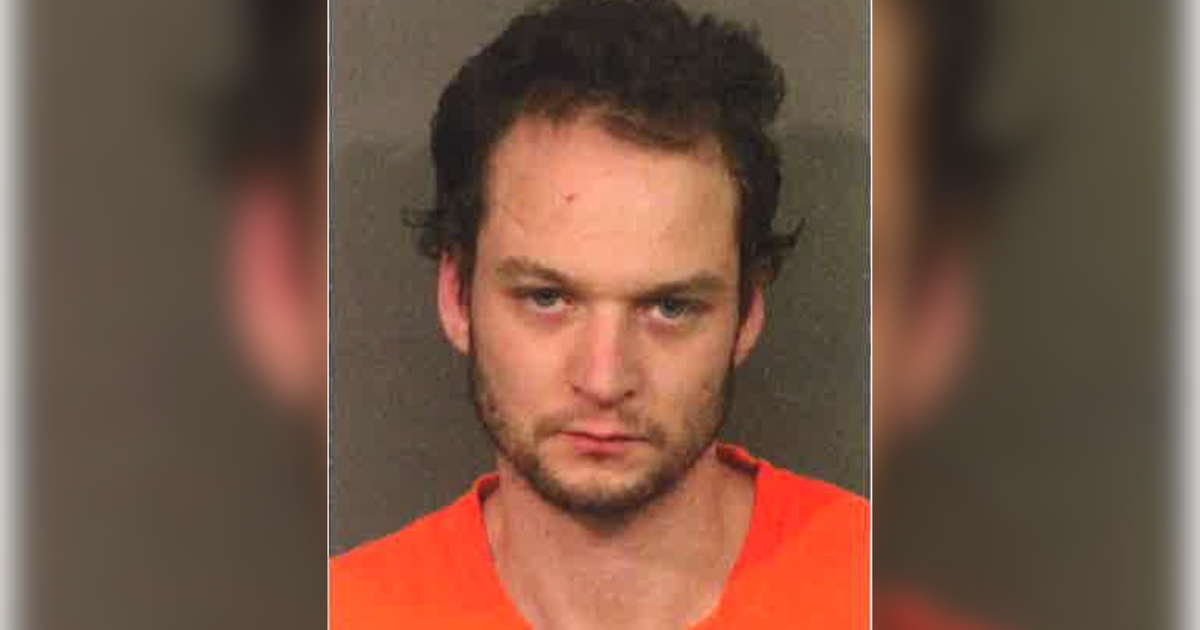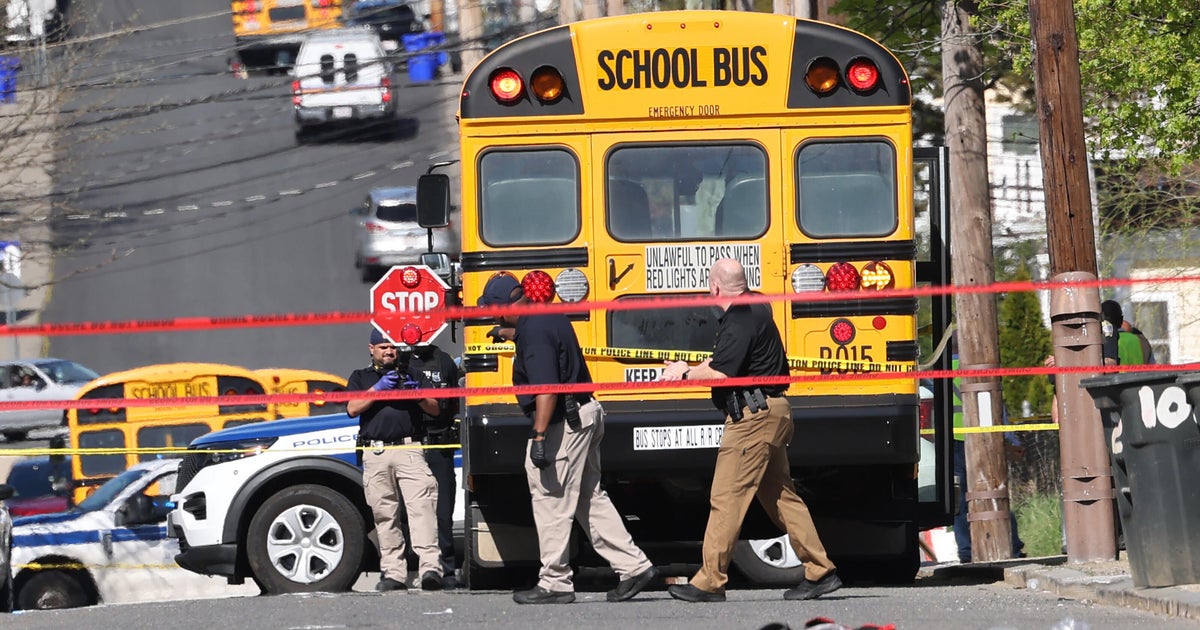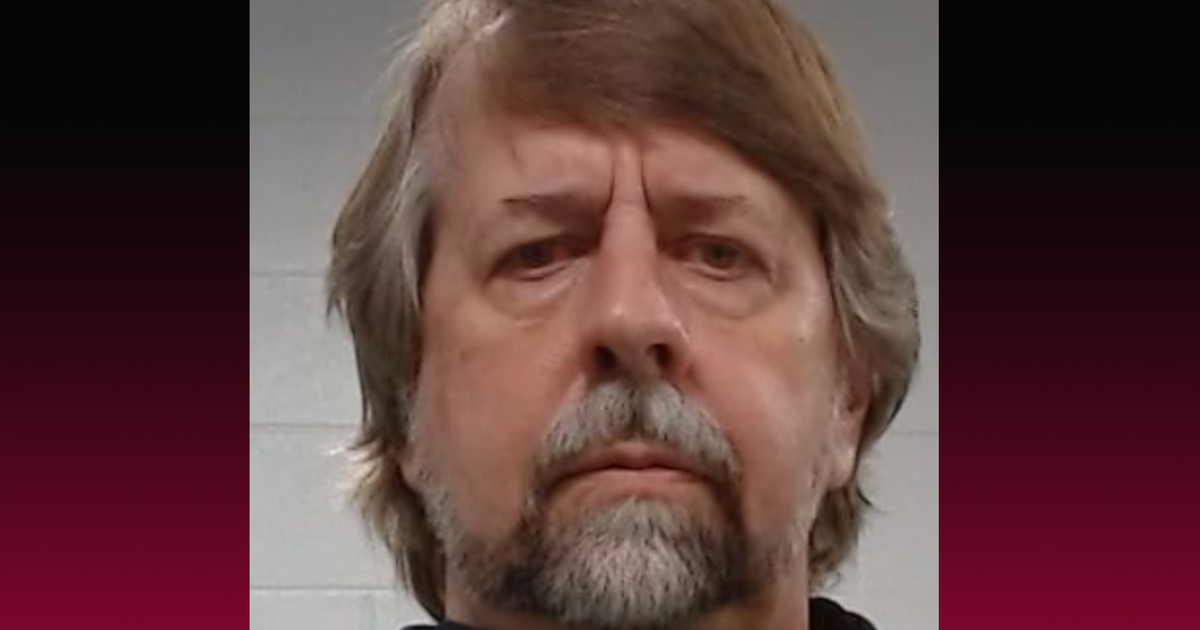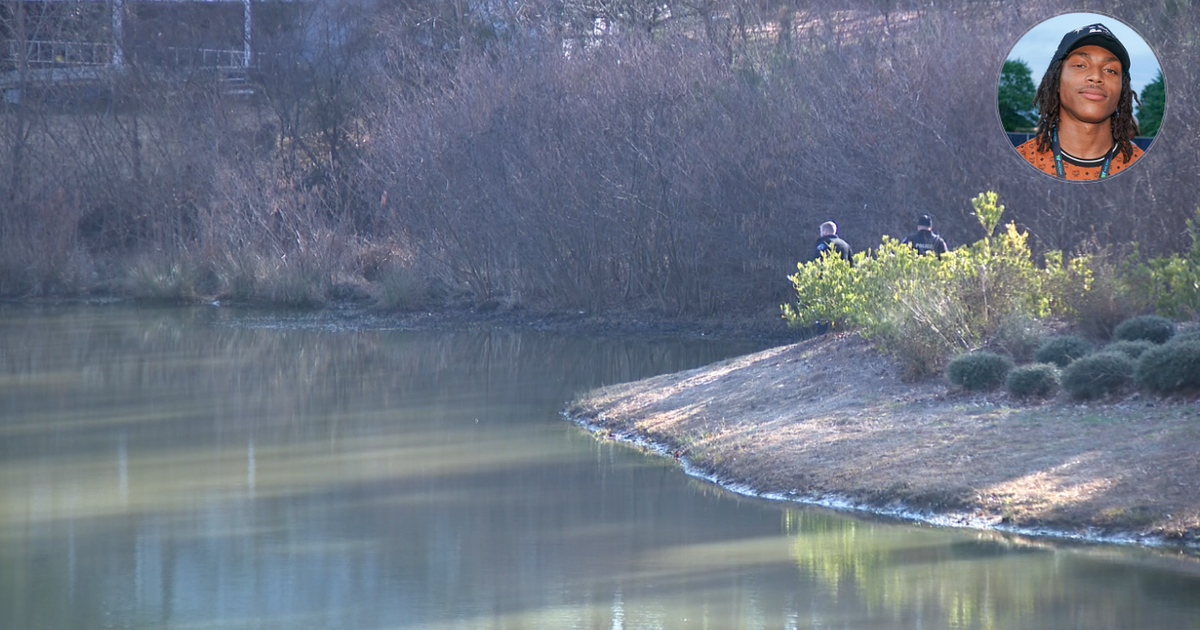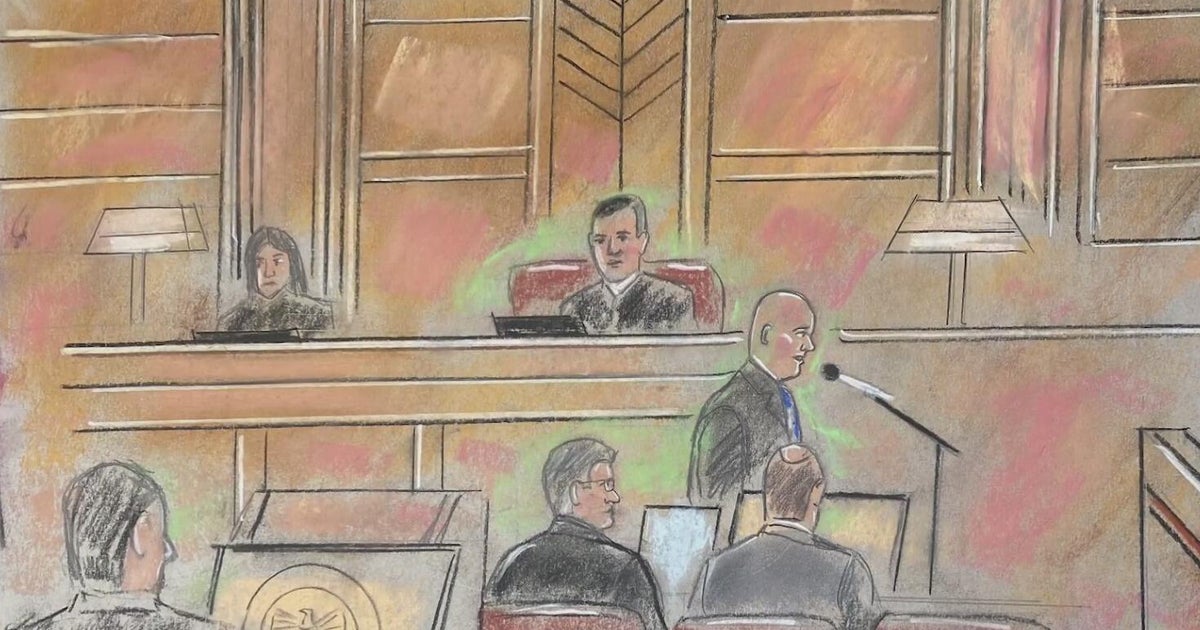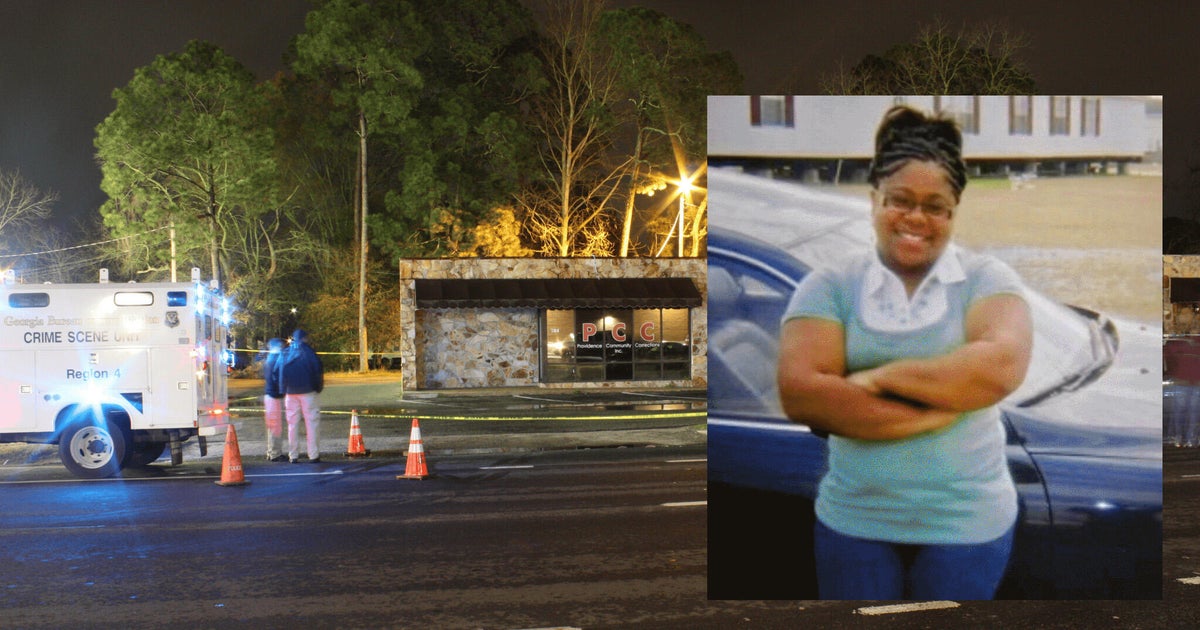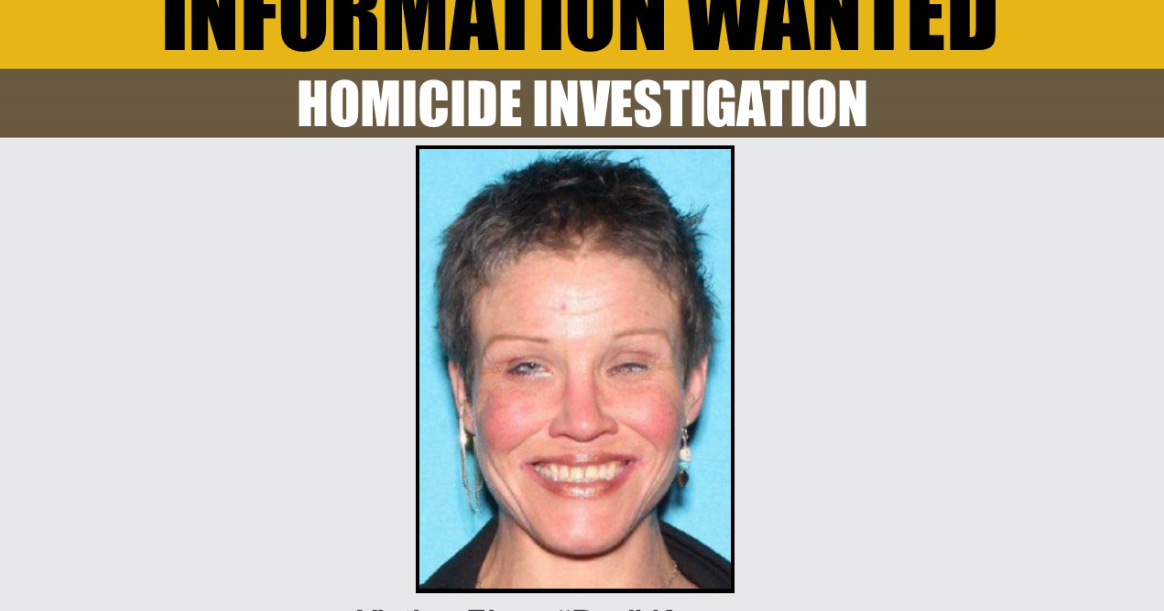Moscow Skeptical About Texas Autopsy Of Russian Boy
MOSCOW (AP) -- Russia voiced strong skepticism Saturday about the U.S. autopsy on a 3-year-old adopted Russian boy in Ector County and demanded further investigation as thousands rallied in Moscow to support the Kremlin ban on U.S. adoptions of Russian children.
Max Shatto's death in January, ruled accidental, came a month after Moscow passed a ban on international adoptions in retaliation for a new U.S. law targeting alleged Russian human rights violators. Russian officials have pointed at Max's case to defend the ban, which has drawn strong public criticism.
MORE: State Investigating Gladney Following Russian Adoption Death
The boy, born Maxim Kuzmin, died Jan. 21 after his adopted mother, Laura Shatto, told authorities she found him unresponsive outside their home where he had been playing with his younger brother.
Ector County Sheriff Mark Donaldson and District Attorney Bobby Bland said Friday that four doctors reviewed the autopsy report conducted by the Tarrant County Medical Examiner's office and agreed that the boy's death was not intentional. Preliminary autopsy results had indicated Max had bruises on several parts of his body, but Bland said Friday that those bruises appeared to be self-inflicted. He also said no drugs were found in Max's system.
Foreign Ministry rights envoy Konstantin Dolgov said Saturday that Moscow "proceeds from the understanding that these are the preliminary results of the investigation" and urged U.S. authorities to produce autopsy documents and the boy's Russian passport.
The Investigative Committee, Russia's top investigative agency, has opened its own probe into the case. It said has sent a formal request to the U.S. to provide the autopsy and other related documents. The committee's spokesman, Vladimir Markin, said it also has urged U.S. authorities to allow Russian investigators take part in the U.S. probe.
Children rights ombudsman Pavel Astakhov, who initially claimed that the boy had been "murdered" by his adoptive parents, tweeted that Russia should "demand convincing proof."
Pro-Kremlin groups rallied in central Moscow to back the ban on U.S. adoptions of Russian children and call for more adoptions by Russian parents. Protesters held signs with pictures of adopted Russian children who died in the U.S. in recent years and wore ribbons in the colors of the Russian flag with slogans demanding Max's half brother Kirill be returned to Russia.
"Today people are telling us that Maxim supposedly maimed himself to death with a blunt instrument and damaged his own internal organs. That's a slap in the face of our country and our people," Irina Bergset, one of the march's organizers, said in a speech at the rally.
Olga Batalina, a lawmaker from the Kremlin-backed United Russia party who reportedly authored the adoption ban, said Saturday that Russia should work towards liquidating orphans as a class by focusing on state-sponsored "basic moral values."
Organizers claimed upwards of 20,000 attended, though police estimated numbers at 12,000. Two people were arrested. Approximately 25,000 attended a protest against the U.S. adoption ban in January.
The atmosphere at Saturday's march was festive and rather bizarre. Marchers included large groups of old people in fur coats, members of obscure esoteric communist parties, and organizations that had no apparent link to the march, including the Gardener's Union and a group for victims of the 1986 Chernobyl nuclear disaster in Ukraine. Organizers herded people into columns and handed out balloons as eerie pop music sung by children wafted over loudspeakers.
"I came here because Americans beat our children they adopt," Ivan Levin, a participant, said. "Ideally, that shouldn't happen."
A significant number of demonstrators had been bused in from as far as hundreds of miles away from Moscow, a common tactic to boost numbers at pro-Kremlin rallies. In the days leading up to the march, classified ads and letters on United Russia stationery appeared online offering people money to attend or demanding that business owners and university directors bring 50 people.
Organizers vehemently denied that anyone had been paid or coerced to attend. The independent RBK news agency, however, posted photos on Twitter of what it said were marchers being paid after the march ended.
President Vladimir Putin's spokesman, Dmitry Peskov, said on independent Rain TV Saturday that the rally demonstrated that "this problem has been very painful and sensitive for our people." He said that Russian diplomats had taken action to return the boy, but acknowledged that it would be difficult to achieve because the adoption process was in accordance with Russian law.
Last month, Russia's state-controlled Rossiya TV channel aired a talk show with the boy's biological mother, Yulia Kuzmina, who lost parental custody of Max and half brother Kirill Kuzmin over negligence and serious drinking problems. Kuzmina said during the show that she gave up drinking, had found a job and pledged to fight to regain custody of Kirill. But right after the show, Kuzmina and her boyfriend, who were traveling back from Moscow to their hometown, were taken off the train by police after a drunken brawl.
------
AP writers Vladimir Isachenkov and Laura Mills contributed to this report.
(© Copyright 2013 The Associated Press. All Rights Reserved. This material may not be published, broadcast, rewritten or redistributed.)
Also Check Out:
- Plano Police Warn Hispanic Men Of Violent Attacks
- North Texas Dad Indicted For Carving Pentagram On Son
- Paramedics Packing Heat? One Texas Lawmaker Says Yes
- DISD Approves School Security Upgrades
- College Players Pepper Sprayed After Basketball Game
MOST VIEWED GALLERIES
- PHOTOS: Your Pet Pictures
- PHOTOS: 105.3 The Fan In New Orleans - Day 5
- PHOTOS: Top 10 Cars We Miss
